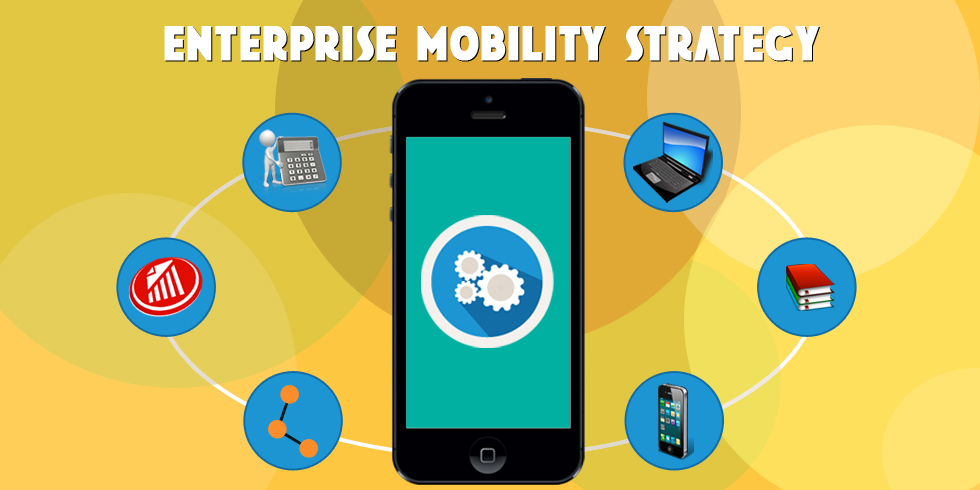
Investments In Mobile Technology On The Rise
Many businesses plan to increase investments in mobile technology. Yet they don’t have a strategy in place about how to manage their mobile business. This could mean ending up with too many apps or logins. It can also mean nobody using the apps and no one knowing what is tying all of the technology together. Coming up with a mobile device strategy takes effort, but can help in the long run. Especially if and when complications arise, such as security breaches, legal risks, stolen devices and compromised data. Here are a few examples of types of businesses that could benefit from a mobile device strategy:
Health
Like many organizations, health organizations are trying to find innovative ways to finding, storing and sharing information on mobile devices. Hospitals, doctor’s offices, health clinics, non-profits and health organizations can all benefit from a mobile device strategy. This is due primarily because much of the work involves the ability for health care practitioners to use their own mobile devices or those of their workplaces on various networks.
Workers need to manage health records, track patients, book appointments, and share notes. Already, there has been a shift towards mobile devices even in the way patients can manage their own health with tracking apps. There is a definite need for a mobile device strategy to manage these apps and make sure patient information is secure.
Technology and I.T.
A technology or Information technology (I.T) company is the obvious choice for a type of company that could benefit from a mobile device strategy. After all, I.T departments often take on the tasks—as well as the stress– of implementing mobile device strategies. I.T is no longer about calling someone when your computer doesn’t work. It now encompasses most of the legwork involved in setting up, tracking and securing mobile devices, as well as much of the success behind bringing businesses into the mobile world.
With some technology companies like Microsoft, a mobile device strategy lets employees work when they feel the most productive. Workers are allowed “flexible working” privileges to not only work from home, but to have the technologies they prefer. IBM and Intel have developed “app stores” for workers to download work-specific apps to their devices. In cases like these, a mobile device strategy can create happier workplaces and better access to the technologies that employees prefer.
Financial, Sales and Marketing
For workers who travel out of the office, mobile technology plays a major part in how they stay connected. Businesses need to step up their game when it comes to responding, connecting and sharing information or they risk losing sales or customers. Whether it is improving efficiency, tracking orders or showing potential customers information on an iPad, businesses need a mobile device strategy to engage with employees, customers and clients.
For example, what happens when an employee takes an international business trip where internet access is blocked? Or how does a business transform all its paper records into electronic records? Having a mobile device strategy reaches beyond simply the type of devices each employee needs. Businesses with successful mobile device strategies need to work across the whole organization to communicate the best way to use them and what direction the company is going.
Learn more on how to select a mobile device: click here

